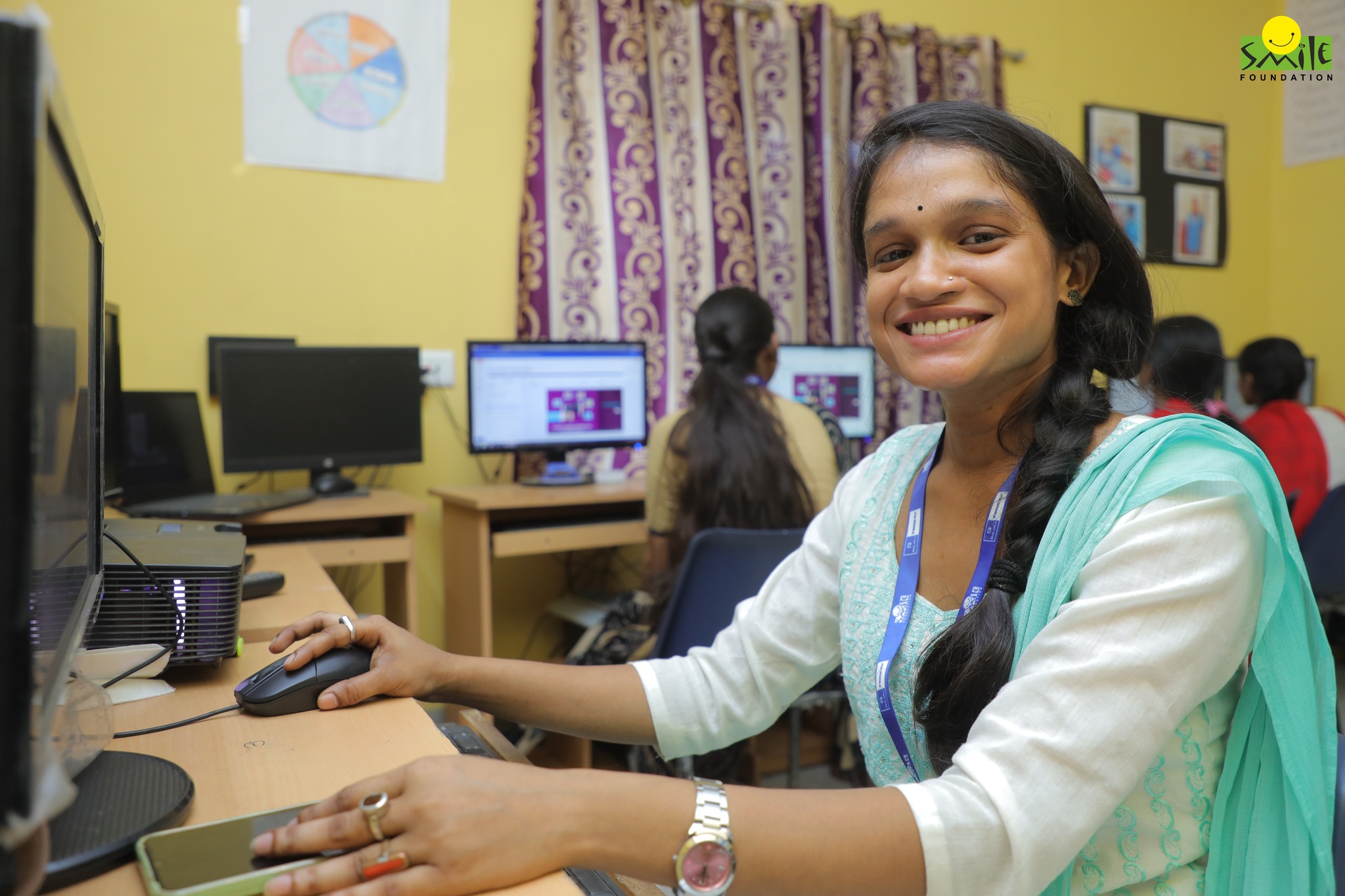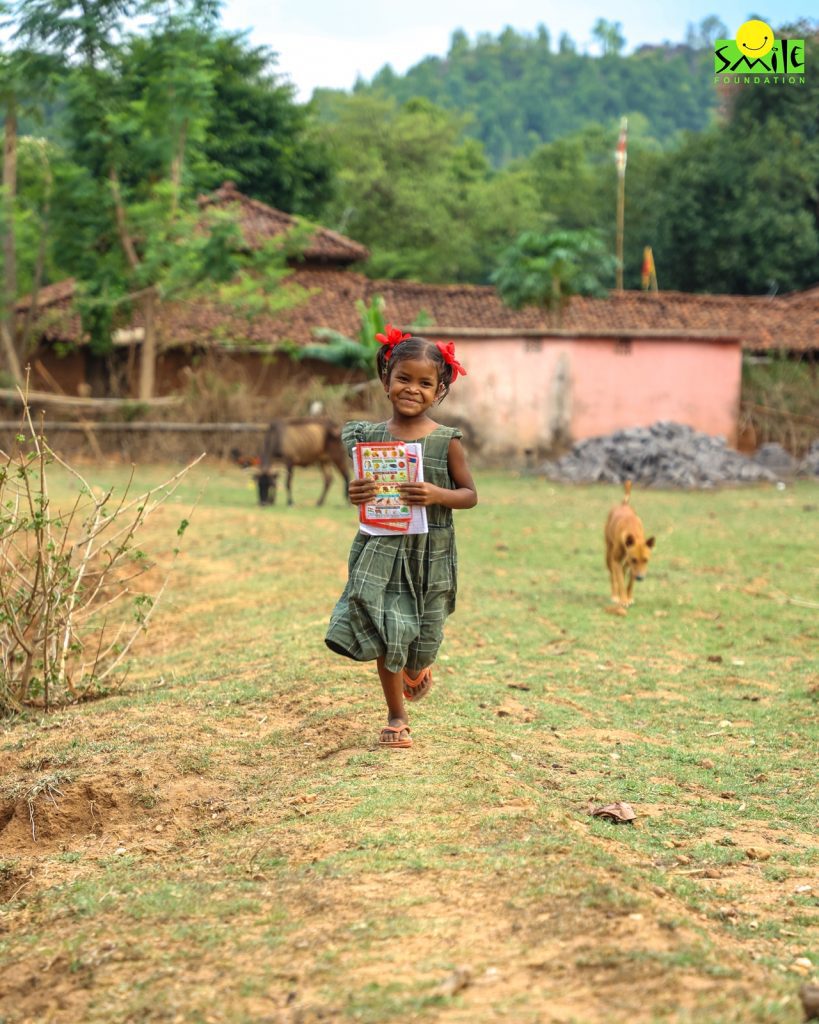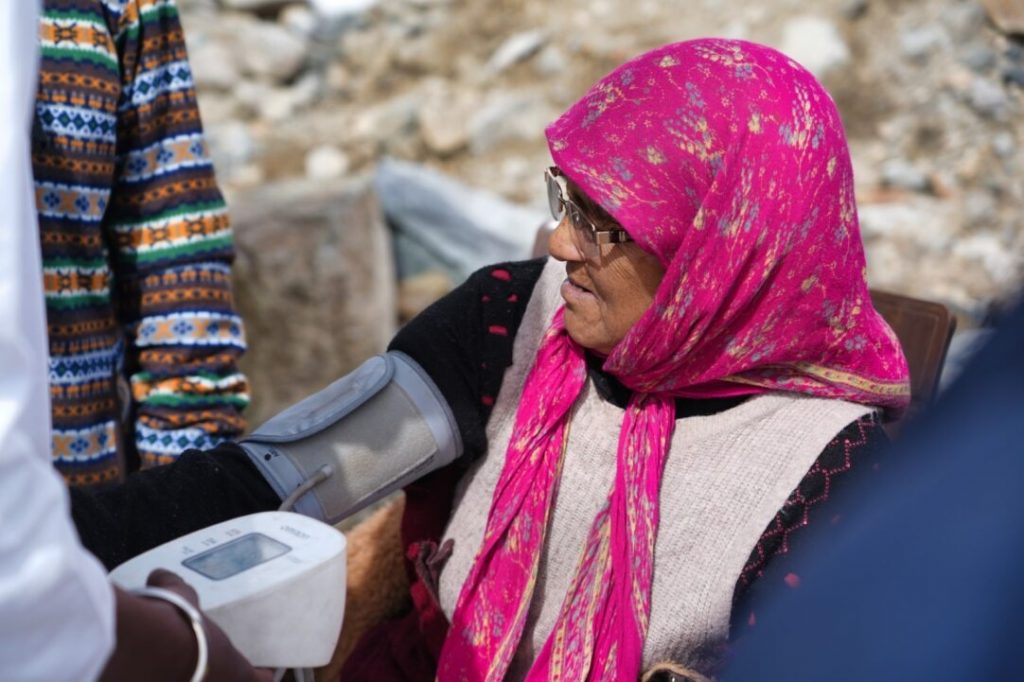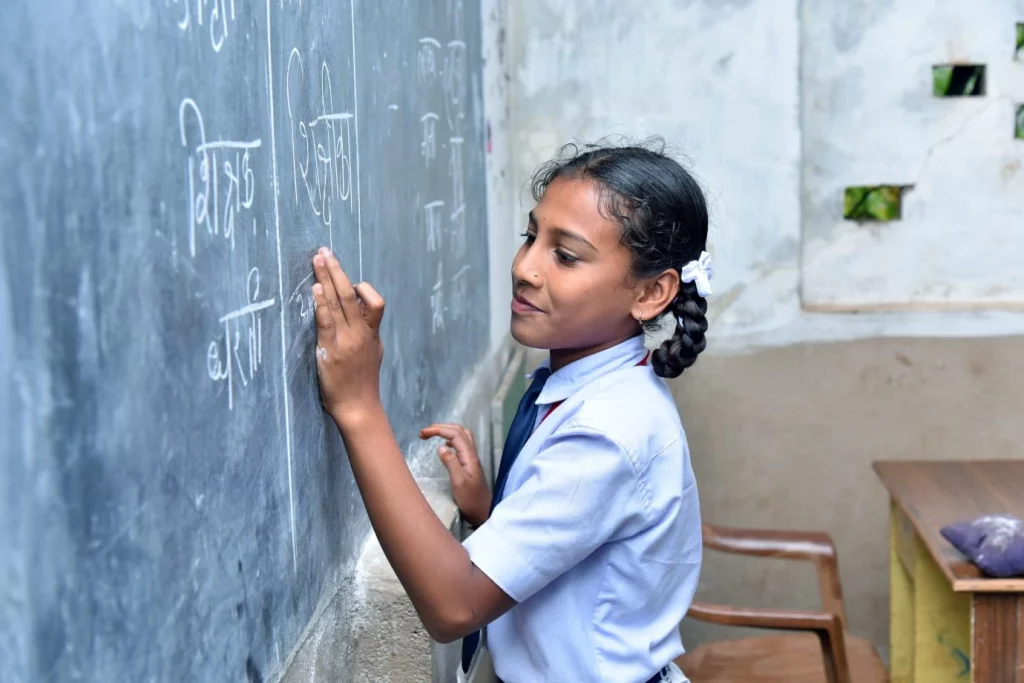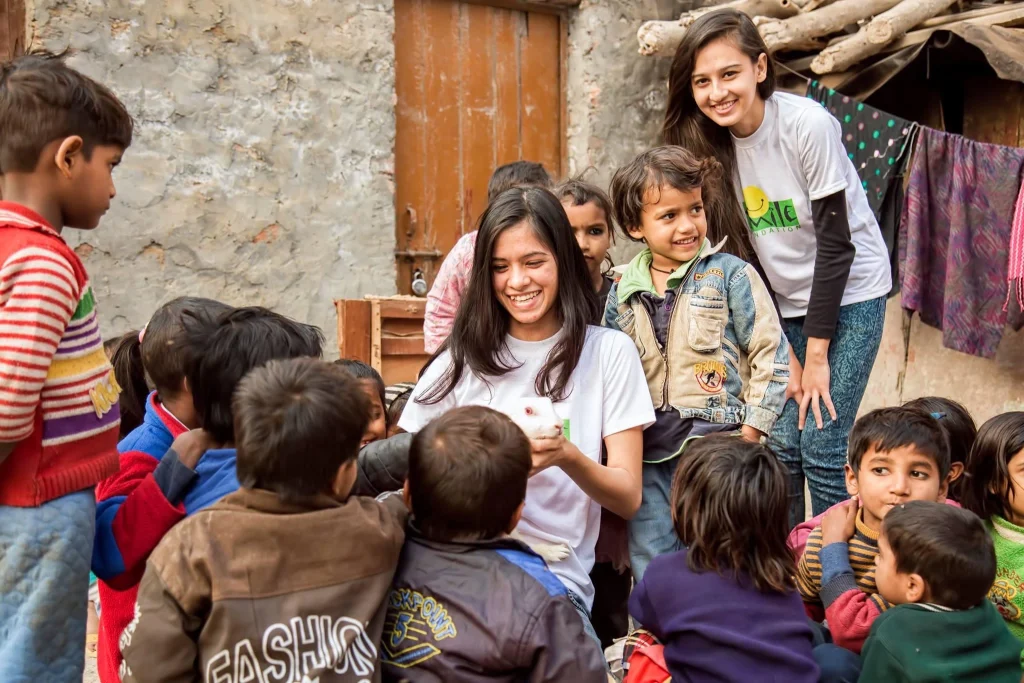A country’s fate depends on its youth. This young group of people holds the power of building a nation holistically. The most energetic and productive section of society, youth can determine the footing of a nation in the global space.
Developing nations with a large youth population will relatively grow more provided their youth gets equal opportunities to develop through
Fortunately, India has taken solid steps for the progress of youth empowerment accommodating with changing times. In recent years, India’s youth have emerged as powerful contenders in different fields, be it as creators, innovators, leaders, or ambassadors the Indian youth have certainly created a niche for themselves with their marvels of development and inventions.
However, the roads for all the youth in India are not the same. Rural youth in India are still lagging when it comes to garnering equal opportunities of getting holistic education, better health and livelihood opportunities.
Youth of India- The future of India
India has a population of 1,439,982,203 and counting, making it the most populated country in the world with a large section of its population being young people. The young crowd of India ranks fifth in the world’s youth demographic which significantly gives it leverage in becoming a US $5 trillion economy.
Given the advantage of numbers, it gets even more pertinent for the stakeholders of our nation to invest in the development of India’s youth, while keeping in mind that this development should be done across India, going beyond the barriers of geographical and gender limitations.
Investing in India’s Youth Empowerment- The Need of the Hour
According to a recent survey, 80% of the youth in rural India are yet to pursue vocational or skill training, emphasizing a significant skills gap. This becomes an alarming situation, as it highlights that despite several efforts taken by the Government of India to develop the youth of India, there are still some shortcomings that are becoming an obstacle to achieving comprehensive growth of Indian youth.
What should be the next step?
Building an ecosystem for the youth of India to have sustainable development. Aligning our policies with the United Nations Sustainable Development Goals (SDGs) and implementing them in full length should be a key point in India’s development goals for its youth.
Founding on “leave no one behind”, rural youth development must concentrate in three dimensions- economically, socially and environmentally.
The Plan of Action for Rural Youth of India- Current & Future
According to a study, it has been found that out of 10, at least 4 youth in rural India are aware of the term “life skills”. The number may not be very high, but certainly is a silver lining and enough to steer the wave of youth empowerment with vocational training in the rural areas of the country.
With a focus on SDGs, vocational training for rural youth is a core area for the Government of India and other stakeholders. Understanding the importance of bringing all skilled hands on the deck for achieving national welfare, many initiatives are upskilling the rural youth with relevant vocational skills to make them job-ready.
Government’s Schemes for Skill Development in India
Initiatives such as the –
- Pradhan Mantri Kaushal Vikas Yojana,
- Jan Shikshan Sansthan Scheme,
- National Apprenticeship Promotion Scheme,
- and Craftsmen Training Scheme
have been specifically customized to equip the rural youth of India with relevant vocational skills.
The introduction of these schemes in rural areas of India is positive, especially concerning the enrollment of women. More than 81% of the enrollment in the Jan Shikshan Sansthan scheme have been women in the last three years. Furthermore, out of 27.8 lakhs in the Pradhan Mantri Kaushal Vikas Yojana, 46% of them were women.
Considering the availability of such structured schemes and the high participation of rural youth in such schemes, it is certain that there is no lack of awareness or willingness amongst rural youth to garner new-age vocational skills and make themselves ready for employability opportunities.
Taking this as a positive sign, Smile Foundation is working towards empowering the rural youth of India with vocational skills. All this is done to stop the cycle of exclusion that the absence of decent livelihood brings into one’s life.
Smile steering Youth Empowerment
Livelihood skill development is one of our core thematic areas with more than 90,000+ youth trained in 2023, in our 74 Skilling Centres spread across 7 states. Smile Foundation offers vocational development training in areas of-
- Core Employability
- Healthcare (General Duty Assistance)
- Banking, Financial Services and Insurance (BFSI)
- Retail Management
- Digital Marketing
- Business Process Outsourcing (BPO)
Aligning with the objective of SDG 8 of decent work and economic growth, our initiative actively mobilizes communities by spreading awareness to maximize enrolments of youth from underserved communities.
The objective is to provide the youth with platforms that help them develop skills in relevant vocational courses within a span of three to six months. They receive theoretical knowledge with empirical and industry exposure getting comprehensive understanding of the industry. There is placement and post placement support ensuring that beneficiaries kickstart their employability and continue the transition process seamlessly.
To narrow the urban-rural disparity, it should be a collective effort to increase vocational training amongst India’s rural youth. Smile Foundation is in a continuous process to support the government’s skill development schemes for the youth to gain practical expertise. This knowledge enables them to integrate into various industries fostering self-sufficiency. The efforts take us a step closer to achieving “national welfare”, in its truest essence.

